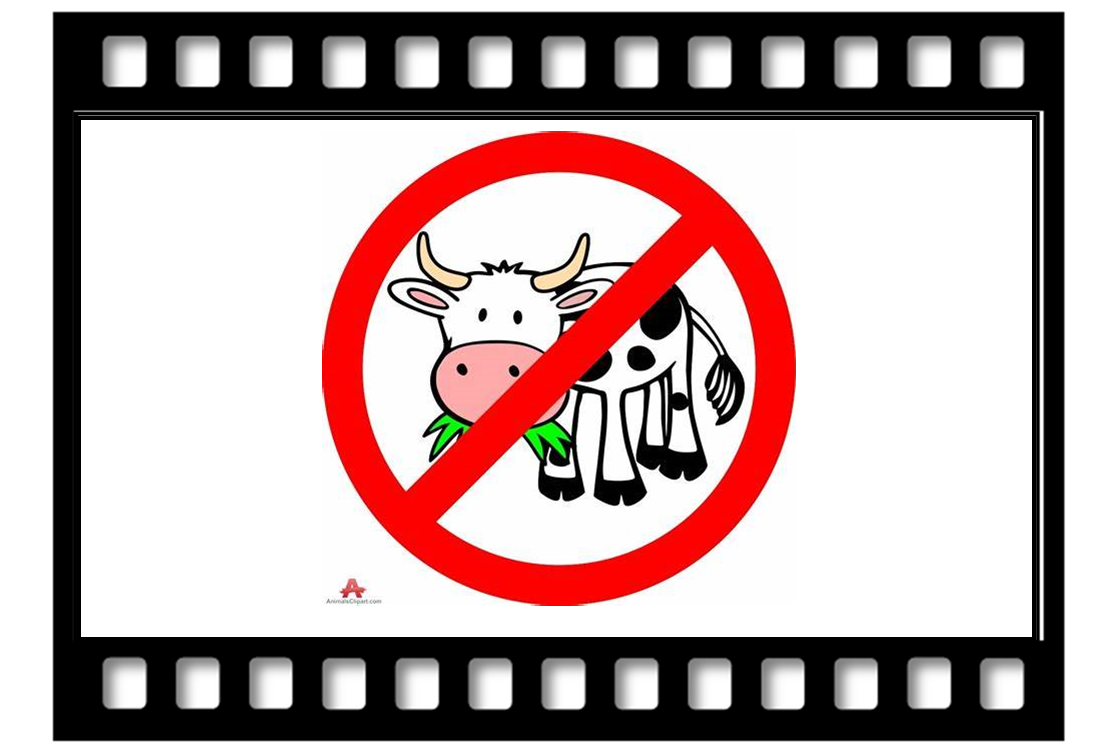Is it cow's milk allergy?
What is Cow’s Milk Allergy?
Cow’s milk allergy is an allergy to the milk proteins in cow's milk (and different from lactose intolerance). It is the most common food allergy in infants and young children in the UK. It usually affects 1 in 50 babies in the 1st Year of life. Most children outgrow cow's milk allergy by the age of three to five years. However, in some people cow's milk allergy may not be outgrown.
Educational films on milk allergy
The following educational films have been developed to help you better understand cow’s milk allergy and how to look after your child with suspected milk allergy
Video 1 – Cow’s milk allergy explained Video 7 – Frequently asked questions
IgE mediated Cow’s Milk allergy (rapid onset allergic reactions to cow’s milk)
Symptoms occur immediately up to an hour after consuming cow’s milk or other dairy containing food. Symptoms include one of more of the following:
- Mild or moderate allergic reactions such itchy rash, redness or hives (nettle rash), swelling of the lips, face or eyes, stomach (tummy) pain, vomiting and diarrhoea.
- Sometimes (rarely) there can be severe allergic reactions include noisy breathing, breathing difficulties, tongue swelling, loss of consciousness or floppiness in babies or young children. These are concerning symptoms (anaphylaxis) and should always be treated as a medical emergency, requiring immediate treatment with adrenaline (epinephrine) and calling for an ambulance.
Diagnosis is based on the history of reaction to milk and additional allergy tests. Allergy tests (skin tests or blood tests) to cow’s milk are usually positive for rapid onset reactions. Treatment is the strict avoidance of milk and dairy food in child’s diet.
Non-IgE-mediated cow’s milk allergy-(delayed reactions to cow’s milk)
Delayed reactions usually occur after 2 or more hours up to 72 hours after consuming cow’s milk or other dairy foods. It can be difficult to spot the symptoms of food allergy – even for your doctor. The signs and symptoms of cow’s milk allergy can be mistaken for other common conditions seen in babies and infants.
Delayed allergy symptoms may include diarrhoea, constipation, reflux, vomiting, mucous/blood in stools, nausea, tummy pain, bloating, painful wind, eczema. Allergy tests to cow’s milk are usually negative for these reactions. Diagnosis usually involves excluding cow’s milk and other dairy foods from the diet for a trial period of two to four weeks to check for a clear improvement. A planned home challenge of cow’s milk and other dairy foods should occur to confirm diagnosis before longer term avoidance is advised.
Not all reactions to cow’s milk are due to allergy to cow’s milk protein
Lactose intolerance:
This is caused by the lack of the enzyme lactase, which helps to digest the milk sugar called lactose. Symptoms include diarrhoea, vomiting, stomach (abdominal) pain and gas (wind or bloating). This condition is uncomfortable but not dangerous and does not cause rashes or anaphylaxis. Allergy tests to cow’s milk are negative in people with lactose intolerance. Diagnosis is by temporary elimination of lactose and reintroduction. See our lactose intolerance page.
Management of cow’s milk allergy involves removing dairy foods from the diet




